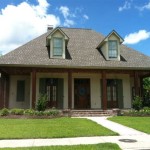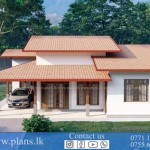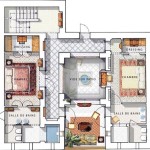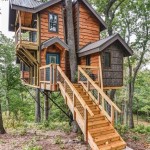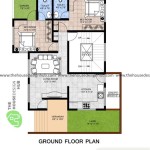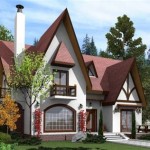Essential Aspects of Classic Colonial House Plans
For those looking to capture the essence of traditional American architecture, Colonial house plans offer an enduring charm. These timeless homes, rooted in 17th and 18th-century design, embody both comfort and elegance. Understanding the key aspects of classic Colonial house plans is paramount for discerning homeowners and home enthusiasts alike.
Rectangular Symmetry and Gables
Colonial houses are renowned for their symmetrical rectangular forms. Their facades often feature a central entrance flanked by symmetrical windows on each side. This balanced composition creates a sense of harmony and order. Additionally, Colonial homes commonly incorporate gables, which are triangular sections of the roof that add architectural interest and enhance drainage.
Exterior Materials and Details
Traditional Colonial homes utilize durable and aesthetically pleasing exterior materials, such as clapboard siding, brick, or stone. Clapboard siding, with its overlapping horizontal planks, provides a classic and rustic look. Brick exteriors offer a more formal and elegant appearance, while stone adds a touch of grandeur. Colonial homes also feature intricate details, such as dentil molding, pediments above entrances, and decorative shutters.
Multiple Chimneys
Multiple chimneys are an integral part of Colonial house plans. These towering structures, often made of brick or stone, served practical and aesthetic purposes. They provided efficient ventilation for fireplaces, which were a primary source of heat. Visually, chimneys add a sense of verticality and balance to the exterior.
Central Hall Plan
Classic Colonial homes typically feature a central hall plan, which divides the house into two symmetrical wings. The central hall serves as the main thoroughfare and focal point, connecting all the rooms on the main floor. This design promotes a sense of spaciousness and provides easy access to all areas of the home.
Formal Rooms and Proportion
Colonial houses traditionally include formal rooms, such as a parlor, dining room, and library. These rooms are designed to be grand and symmetrical, with high ceilings, large windows, and elaborate moldings. Proportion is also essential in Colonial architecture. The relationship between the size of rooms, windows, and exterior elements is carefully considered to achieve a harmonious and aesthetically pleasing effect.
Versatility and Modern Amenities
While Colonial house plans are steeped in tradition, they can be adapted to incorporate modern amenities and conveniences. The modular nature of these homes allows for customization of interior layouts to suit contemporary lifestyles. Contemporary additions, such as open floor plans, gourmet kitchens, and modern bathrooms, can seamlessly blend with the classic character of the home.

1923 Colonial House Plans Vintage

Classic Colonial Home Plan 32563wp Architectural Designs House Plans

Classic Colonial 1a Floor Plan Barn Home Davis Frame

1925 Colonial Revival Classic Home Two Story Bowes Co Hinsdale Il House Plans Beach Craftsman

Colonial Manor House Plans For A Traditional 4 Bedroom Home

House Plan 59952 Traditional Style With 1870 Sq Ft 3 Bed 2 Ba

1918 Classic Colonial Revival Gordon Van Tine Kit Homes Model No 558 Vintage House Plans

Colonial Style House Plan 4964 Chisholm

The Farmington Saltbox Classic Colonial Homes

Classic Brick Colonial Home 80696pm Architectural Designs House Plans

